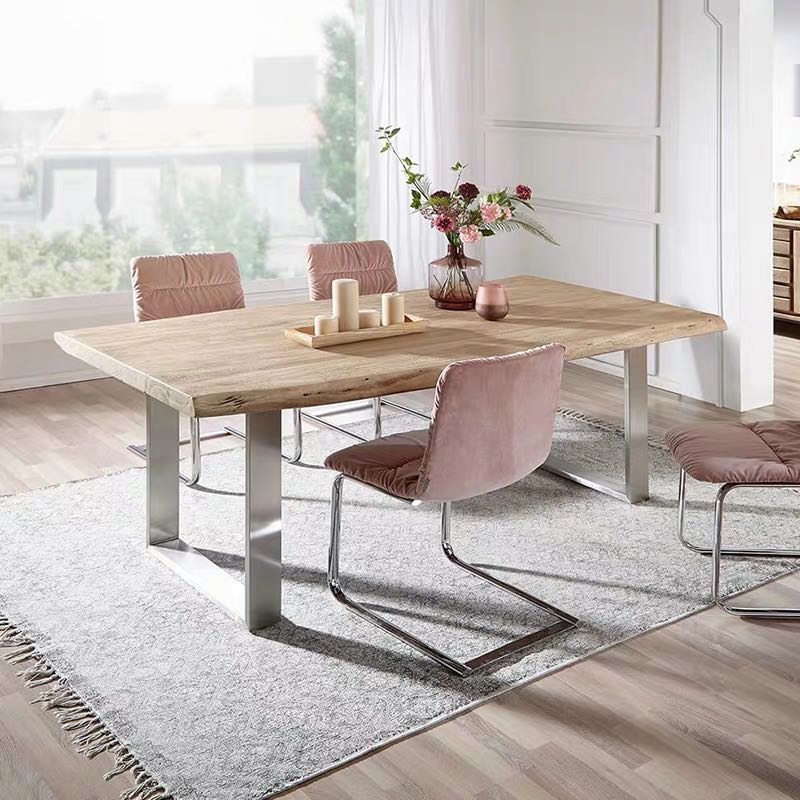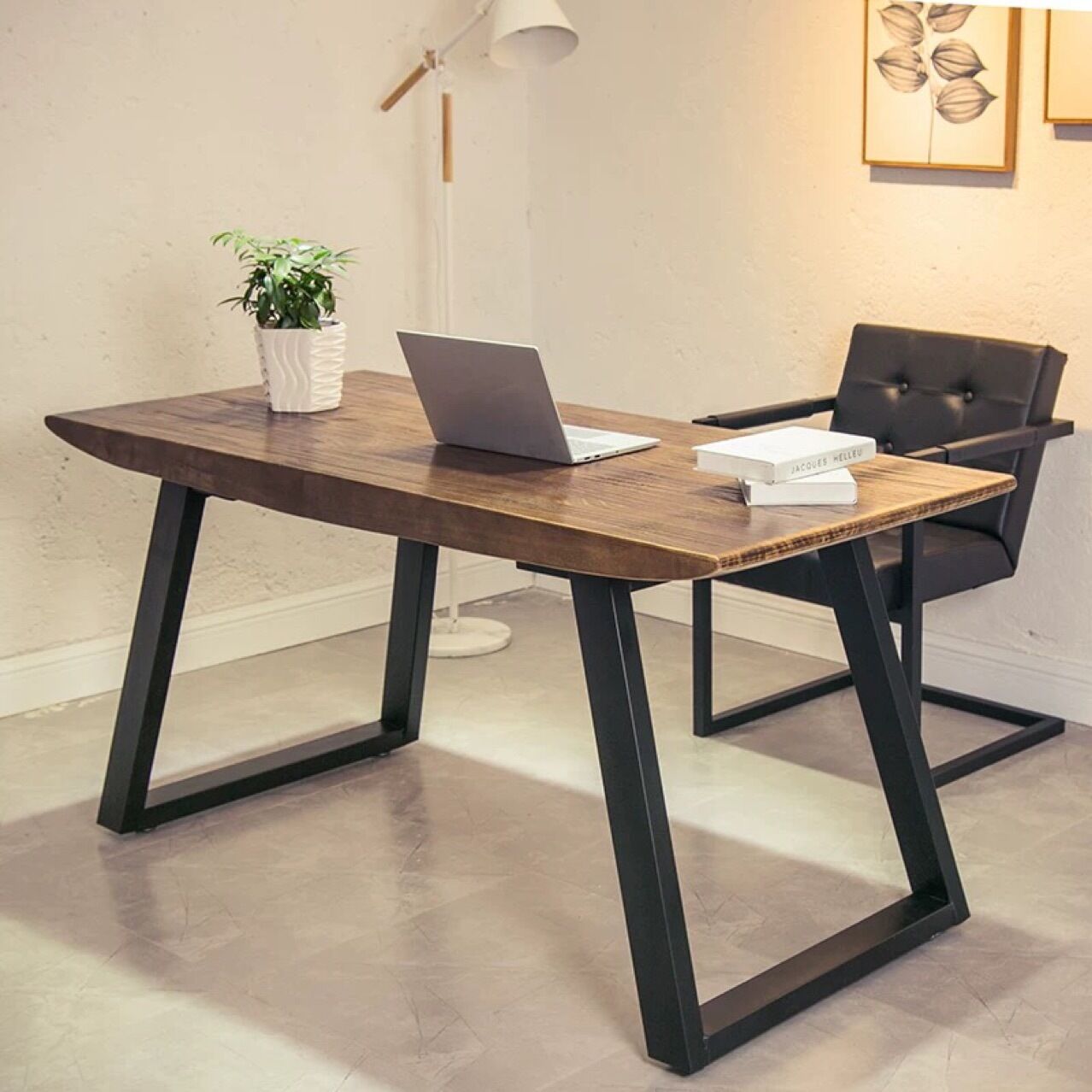Understanding the Material Sourcing Process for Table Leg Manufacturing
Table legs may seem like a straightforward furniture component, but the choice of materials and their sources play a significant role in determining the quality, durability, and sustainability of a table. Manufacturers source materials from various suppliers, often prioritizing factors such as strength, finish, and eco-friendliness. For Maysun, a company dedicated to creating high-quality furniture components, sourcing sustainable and premium materials for table leg is a cornerstone of its production philosophy.
In this article, we’ll explore where manufacturers like Maysun source materials for table leg, the considerations they take into account, and how Maysun’s sourcing practices compare to other industry players. By understanding these practices, consumers can make more informed choices about the furniture they purchase, especially if they value quality and sustainability.
Comparing Peer Products: Maysun vs. Other Table Leg Manufacturers
The Market Landscape: Sourcing, Material Quality, and Sustainability
While table legs are available from numerous manufacturers, their material sources and sourcing practices can vary widely. Maysun focuses on high-quality, sustainably sourced materials, but how does this compare to other companies? Here’s a breakdown of how Maysun stacks up against similar brands:
- Material Quality and Sourcing Standards
- Maysun: Maysun primarily uses sustainably sourced hardwoods, metals, and composites for its table legs. This commitment to quality and environmental responsibility ensures that the legs are durable, visually appealing, and eco-friendly.
- Competitor A: Competitor A sources materials from local suppliers but emphasizes affordability over sustainability, often using cheaper metals or low-grade woods that may not be as durable.
- Competitor B: Known for offering budget-friendly options, Competitor B frequently uses imported materials, sometimes compromising quality for cost. These materials may not always meet high environmental standards, though they are affordable.
- Sustainability Practices
- Maysun: Maysun places a strong emphasis on sustainability, sourcing from certified suppliers who practice responsible forestry and metal recycling. This aligns with Maysun’s commitment to reducing environmental impact.
- Competitor A: Competitor A includes some sustainable practices, though these are often optional or limited to specific product lines. This means that only select table legs meet eco-friendly criteria.
- Competitor B: Competitor B’s focus on affordability means that sustainable practices are often limited, with most materials sourced based on price rather than environmental impact.
- Durability and Customer Satisfaction
- Maysun: Customers often praise Maysun’s table legs for their strength, finish, and longevity. The sustainably sourced materials ensure a sturdy and visually appealing product, contributing to long-term satisfaction.
- Competitor A: Customers are generally satisfied with the durability of Competitor A’s products, though some express concerns about the variability in material quality.
- Competitor B: While customers appreciate the low prices, durability can be an issue, with some table legs showing signs of wear or rust over time.
Common Materials Used in Table Leg Manufacturing
Table leg manufacturers use various materials, each with its own advantages:
- Hardwoods: Woods like oak, walnut, and maple are prized for their strength, natural beauty, and longevity. Many companies, including Maysun, source hardwoods from certified sustainable forests, ensuring a minimal environmental impact.
- Metal: Metals like steel, aluminum, and iron are widely used for their strength and modern appeal. High-quality metals sourced from recycled materials are increasingly popular among eco-conscious manufacturers.
- Engineered Wood and Composites: Engineered wood, including plywood and MDF, is a common material choice due to its affordability and versatility. Maysun and other high-quality brands often use composites as a way to reduce wood consumption while still achieving the desired aesthetic and durability.
- Bamboo: A highly sustainable material, bamboo is growing in popularity as a furniture component. Fast-growing and renewable, it is used by select manufacturers, particularly those focused on sustainability.
Trends in Sustainable Sourcing
The furniture industry has experienced a shift towards sustainability, and table leg manufacturing is no exception. Today, many companies are prioritizing responsibly sourced materials, reduced carbon footprints, and lower waste output. Maysun’s commitment to sourcing from eco-certified suppliers reflects this trend, aligning with the broader industry movement toward sustainable practices.
For consumers, this focus on sustainability means that products like table legs are increasingly made from responsibly sourced materials, offering not only quality and durability but also peace of mind for environmentally conscious buyers. Industry shifts have encouraged more manufacturers to explore options such as recycled metals, reclaimed wood, and sustainable fast-growing materials like bamboo. Maysun leads in these practices by incorporating responsibly sourced materials across its entire product line, not just select models.
Choosing the Right Table Leg Material for Your Needs
When selecting table legs, it’s essential to consider the material’s durability, aesthetic appeal, and environmental impact. Here’s a quick guide:
- Wood: For classic, warm aesthetics, opt for hardwood table legs. Look for brands like Maysun that use sustainably harvested wood for a durable and eco-friendly option.
- Metal: Metal table legs provide a modern, industrial look with excellent durability. Recycled metal options, such as those offered by Maysun, are a responsible choice for eco-conscious buyers.
- Composite or Engineered Wood: If you’re seeking a more affordable option, engineered wood can be a good choice. Make sure the manufacturer uses quality materials to ensure longevity.
- Bamboo: Bamboo is perfect for those who prioritize sustainability. It offers a unique look and is suitable for lightweight, minimalist designs.

Conclusion
Knowing where and how materials are sourced for table legs can help consumers make more informed decisions. Maysun’s dedication to sustainable and high-quality sourcing stands out in the industry, offering durable, eco-friendly, and visually appealing options that suit a range of design preferences and needs. With responsibly sourced hardwoods, recycled metals, and a commitment to environmentally sound practices, Maysun is redefining what it means to produce furniture components in a sustainable way.
As industry standards continue to evolve toward sustainable practices, Maysun remains committed to leading by example, ensuring that every table leg they produce is not only functional and beautiful but also responsibly made. For those looking to invest in furniture with both style and substance, Maysun’s table legs offer a durable, sustainable, and ethically sourced choice.
